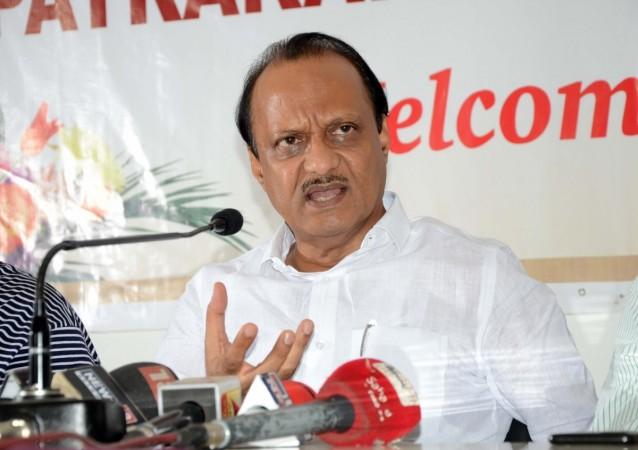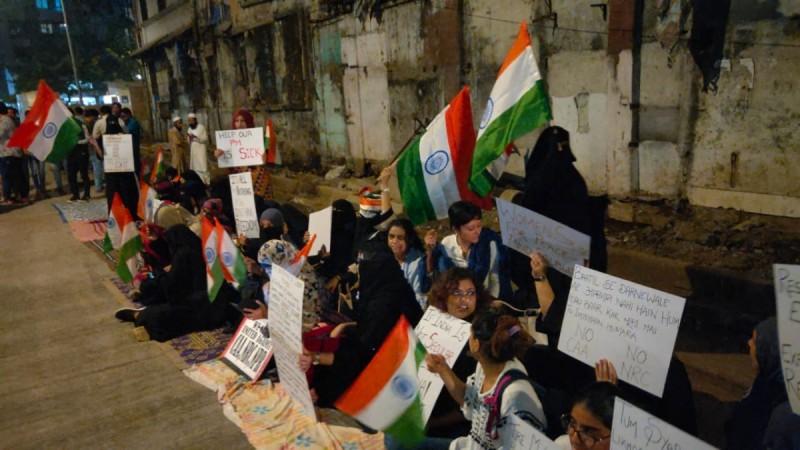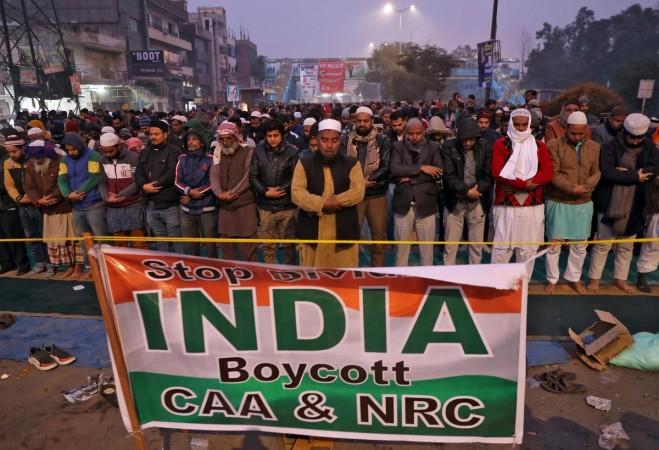Deputy Chief Minister of Maharashtra Ajit Pawar has said that resolutions against the contentious Citizenship Amendment Act (CAA) have been passed in states governed by a single party - Kerala, Punjab, Rajasthan and West Bengal - unline Maharashtra.
"States like Kerala, Punjab, Rajasthan and West Bengal have passed resolutions against Citizenship (Amendment) Act. They are ruled by one party, unlike Maharashtra. Our Chief Minister (Uddhav Thackeray) said there should be no problem for anyone in the State due to CAA and NRC. We are of this opinion," Pawar said.

After Kerala, Punjab and Rajasthan, West Bengal on Monday became the fourth state to pass a resolution against the CAA. The State Assembly had on September 6 last year passed a resolution against the National Register of Citizens (NRC).
A Shaheen Bagh in Mumbai
In line with the Shaheen Bagh protests, hundreds of women took to the streets in south Mumbai's Nagpada area on the night of January 26 to protest against the CAA-NRC-NPR.
Holding placards, the women raised slogans like "We all are one" and "Azadi" despite the best efforts of the police to convince people to cooperate. The site of the protest is now being called "Mumbai Bagh". It was organised by the Joint Action Committee on the Morland road outside Arabia Hotel.

While most of the protesters were residents of Muslim-dominated Madanpura, Jhoola Maidan, Apripada, and Mumbai Central areas, they raised slogans hailing Hindu-Muslim unity and brotherhood.
Senior Nagpada police station inspector Shalini Sharma said she had requested the protesters to take prior permission from the police, but the women refused to budge and continued to occupy the road.
Shaheen Bagh has been the site of a protest where a large number of anti-CAA protesters, primarily women and children, have been camping since December 15.
What does the CAA say?
The CAA seeks to provide Indian nationality to Hindus, Christians, Sikhs, Parsis, Jains and Buddhists fleeing persecution from Pakistan, Afghanistan and Bangladesh.

The Citizenship Amendment Act seeks to amend the Citizenship Act, 1955 to make Hindu, Sikh, Buddhist, Jain, Parsi, and Christian illegal migrants from Afghanistan, Bangladesh, and Pakistan, eligible for citizenship of India.
Highlights of the Citizenship Amendment Act
- Granting nationality to non-Muslim immigrants from neighbouring countries.
- The Citizenship Act, 1955, one of the requirements for citizenship was that the applicant must have resided in India in the last 12 months, as well as for 11 of the previous 14 years.
- Now the amendment relaxes the second requirement — from 11 years to six years.
- Provides that the registration of Overseas Citizen of India (OCI) cardholders may be cancelled if they violate any law.









